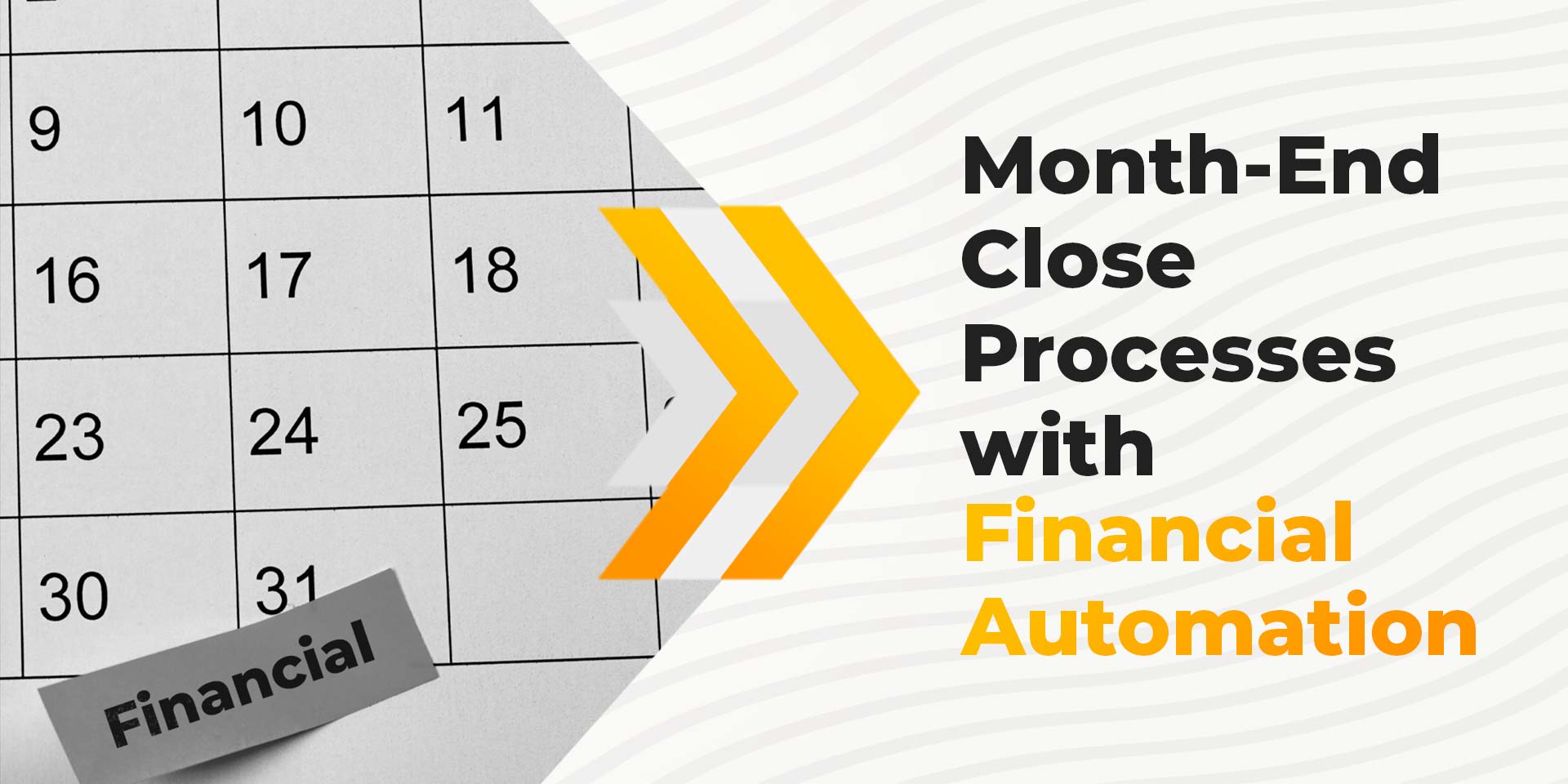Accounting
Automation
SAP Accounts Payable Automation


- Table of Contents
- Introduction
- The Pain Points of Traditional Accounts Payable Processes
- The Benefits of Automating Accounts Payable
- Key Features of an Intelligent Accounts Payable Automation Solution
- How an Intelligent Accounts Payable Automation Solution Can Transform Your Business
- Choosing the Right Accounts Payable Automation Solution for Your Business
- Conclusion
Introduction
In today's fast-paced business environment, automating financial processes can be the key to success. Accounts payable is one such area that can greatly benefit from automation, improving accuracy, and efficiency, and saving valuable time. In this blog post, we will delve into the world of accounts payable automation and its potential impact on businesses of all sizes. Whether you are an entrepreneur looking to streamline your operations or a large corporation seeking to improve financial management, this post will provide you with valuable insights into how automating your accounts payable process can drive your business forward.
The Pain Points of Traditional Accounts Payable Processes
Traditional accounts payable processes are often manual, time-consuming, and prone to errors.Invoices may be received in paper form or as unstructured digital files, requiring manual data entry to extract relevant information. Approvals and payments must be processed manually, which can lead to delays and errors. These manual processes also require significant time and resources, leaving businesses with less time to focus on core operations and growth.
The Benefits of Automating Accounts Payable
As we have seen, automating accounts payable can provide significant benefits to businesses of all sizes. Here are just a few of these benefits:
- Increased Efficiency and Speed
- Improved Accuracy and Reduced Errors
- Enhanced Financial Management and Visibility
Automating accounts payable processes eliminates the need for manual data entry and approval workflows, speeding up invoice processing time. Ultimately, Invoice management enables the prompt closure of invoices and payments - resulting in unbeatable 'early bird' discounts, improving cash flow management, and reducing the risk of late payments.
Automated systems are designed to extract relevant information from invoices, reducing the risk of manual errors and ensuring that all required data is captured. Automation also enables businesses to set up approval workflows and enforce compliance, reducing the risk of incorrect payments.
Automated accounts payable systems provide real-time reporting and analytics, enabling businesses to quickly and easily access important financial information. This improved visibility into financial data can help businesses make informed decisions and monitor performance in real time.
Key Features of an Intelligent Accounts Payable Automation Solution
When selecting an intelligent accounts payable automation solution, it is important to consider the features and capabilities of the system. Here are some key features to look for:
- Automated Invoice Processing
- Real-time Reporting and Analytics
- Integration with Other Business Systems
The ability to extract relevant information from invoices and process them automatically, reducing manual data entry and approval processes.
The ability to quickly access important financial information and monitor performance in real-time, enabling businesses to make informed decisions and identify areas for improvement.
The ability to integrate with other business systems, such as ERP systems and financial management systems, enables businesses to streamline financial processes and improve data accuracy.
How an Intelligent Accounts Payable Automation Solution Can Transform Your Business
An intelligent accounts payable automation solution can transform the way businesses manage their finances. Here are some of the ways businesses can benefit from this technology:
- Improved Cash Flow Management
- Enhanced Supplier Relationships
- Streamlined Financial Processes and Reduced Costs
Automating accounts payable processes can help businesses manage cash flow more effectively, reducing the risk of late payments and improving financial stability.
Automated systems can improve supplier relationships by providing a more efficient and accurate invoicing and payment process, reducing the risk of disputes, and ensuring timely payments.
Automating accounts payable processes can help businesses streamline financial processes, reducing manual labor and improving efficiency. This can lead to cost savings and a more focused workforce, enabling businesses to allocate resources more effectively.
Choosing the Right Accounts Payable Automation Solution for Your Business
So, you have decided to invest in an accounts payable automation solution for your business. But how do you choose the right one? Here are some tips:
- Considerations for Implementation and Deployment
- Evaluating Key Features and Functionality
- Ensuring Seamless Integration with Existing Systems
When choosing an accounts payable automation solution, it is important to consider the implementation process, ensuring that the solution is easy to deploy and integrate with existing systems.
Businesses should evaluate key features and functionality, such as invoice processing, real-time reporting, and integration with other business systems, to ensure that the solution meets their specific needs.
The chosen solution should seamlessly integrate with existing systems, such as ERP systems and financial management systems, to ensure that financial data is accurate and up-to-date.
Conclusion
An intelligent accounts payable automation solution can provide businesses with improved visibility into financial data and streamline financial processes. When selecting a solution, businesses should consider the implementation process, evaluate key features and functionality, and ensure that it integrates seamlessly with existing systems. With the right solution in place, businesses can optimize their accounts payable processes for improved cash flow management, enhanced supplier relationships, and streamlined financial processes.






